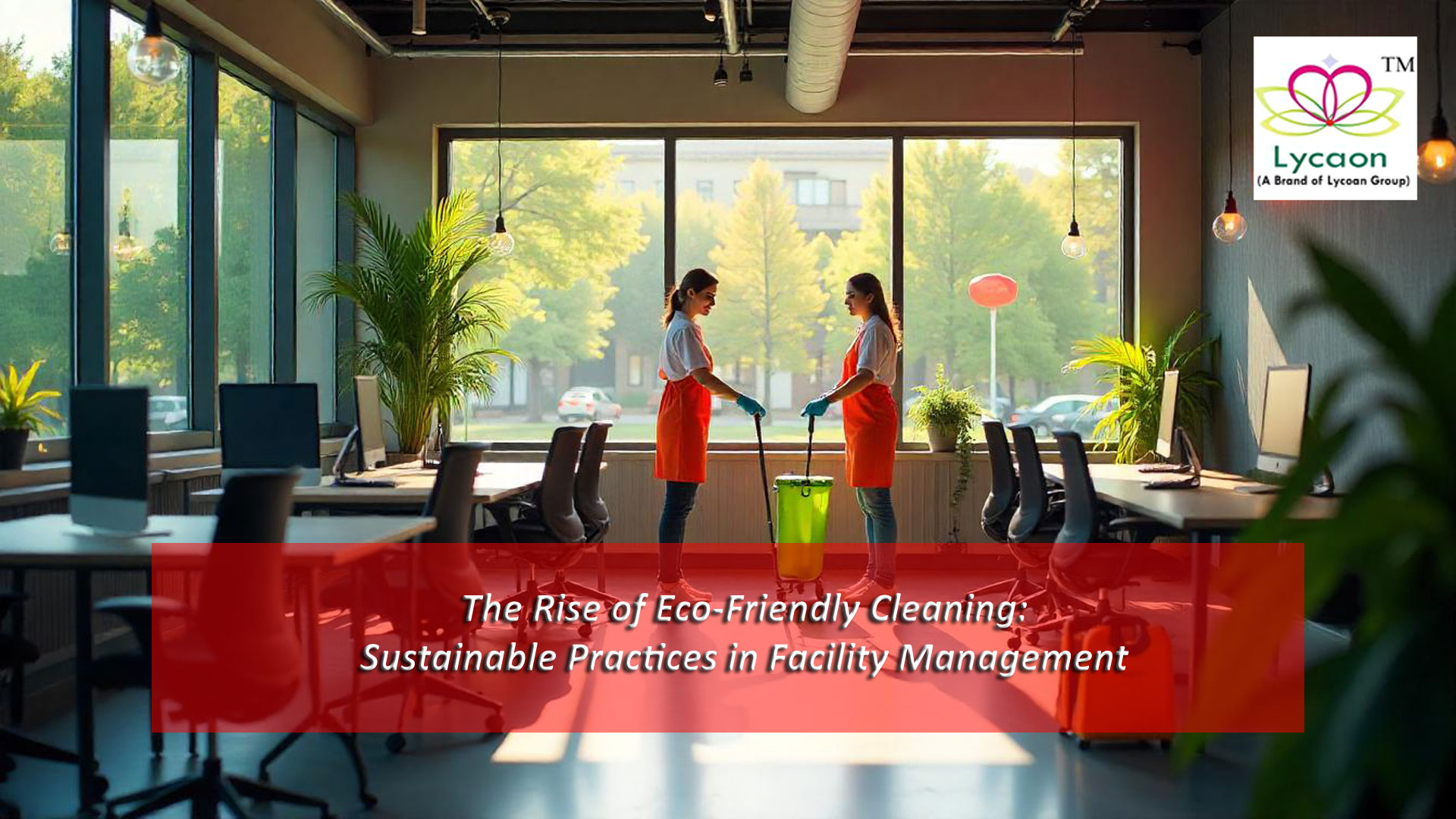
- by jewishstarindia@gmail.com
- 0
- Posted on
The Role of Technology in Modern Facility Cleaning
The cleaning industry has evolved significantly in recent years, thanks to technological advancements that enhance efficiency, sustainability, and overall effectiveness. From automated cleaning machines to data-driven facility management, technology is transforming the way cleaning services are delivered. Companies like Lycaon Facility Management Services are at the forefront of integrating these innovations to provide superior cleaning solutions.
The Evolution of Cleaning Technology
Traditional cleaning methods relied heavily on manual labor and chemical-based solutions. While effective to some extent, these methods often led to inconsistencies, inefficiencies, and environmental concerns. The introduction of smart cleaning technologies has streamlined operations, reduced waste, and improved cleaning outcomes.
Key Technological Advancements in Facility Cleaning
- Automated Cleaning Machines
- Robotic vacuum cleaners and scrubbers that operate autonomously
- High-speed polishing machines for floor maintenance
- AI-powered sensors for detecting dirt and adjusting cleaning intensity
- Smart Cleaning Equipment
- IoT-enabled devices that provide real-time performance tracking
- HEPA-filter vacuums that improve indoor air quality
- Touchless disinfection systems using electrostatic sprayers
- Data-Driven Facility Management
- AI-based scheduling tools for optimized cleaning routines
- Predictive maintenance technology to prevent equipment failures
- Cloud-based monitoring systems for remote management
- Eco-Friendly Cleaning Solutions
- Steam cleaning technology as a chemical-free alternative
- Water-saving mechanisms in industrial cleaning machines
- Biodegradable cleaning agents integrated into automated systems
Benefits of Technology in Facility Cleaning
- Enhanced Efficiency: Automated machines complete tasks faster and with greater precision, reducing the need for manual intervention.
- Cost Savings: Smart cleaning solutions optimize resource usage, lowering water, energy, and chemical consumption.
- Improved Hygiene Standards: AI-driven technology ensures consistent cleaning and disinfection, reducing the risk of contamination.
- Sustainability: Energy-efficient equipment and eco-friendly products contribute to a greener environment.
- Workforce Safety: Reducing manual labor minimizes the risk of workplace injuries and exposure to hazardous chemicals.
Implementing Technology in Cleaning Operations
Businesses looking to upgrade their cleaning processes should consider:
- Assessing facility needs and identifying areas for technological integration.
- Investing in high-tech cleaning equipment from trusted providers.
- Training staff to efficiently operate and maintain smart cleaning devices.
- Regularly updating cleaning protocols to align with technological advancements.
- Partnering with innovative facility management services, such as Lycaon, to ensure seamless implementation.
The Future of Cleaning Technology
The future of facility cleaning will continue to be shaped by automation, artificial intelligence, and eco-conscious innovations. With the rise of smart buildings, cleaning systems will integrate seamlessly with building management systems to provide real-time feedback and predictive maintenance.
Conclusion Technology is redefining facility cleaning, making it more efficient, cost-effective, and sustainable. By embracing these advancements, businesses can maintain cleaner environments while optimizing operational performance. Companies like Lycaon Facility Management Services are leading the way in modern cleaning solutions, ensuring that facilities stay hygienic and future-ready.
